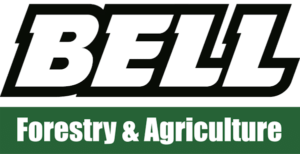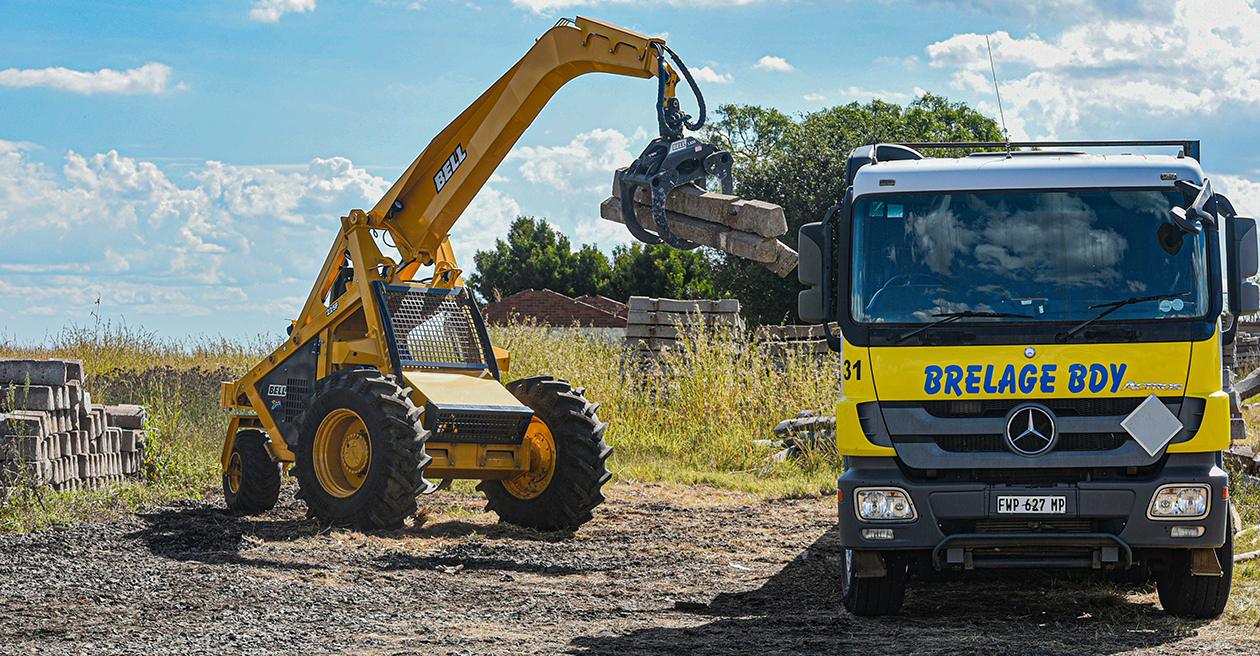The Brelage family have been farming near Perdekop, just north of Volksrust in Mpumalanga for three generations since their forefather emigrated from an area close to the French border with Germany. The family has traditionally grown crops and tended beef cattle and while that is still the case, the current generation has, after obtaining professional tertiary education, branched out into wholesale fuel sales that soon will evolve into the retail sector.
Herman Brelage is a mechanical engineer and had worked for the state-owned electricity supplier while his younger brother Marius, an industrial engineer, worked for a leading banking group.
“We saw a gap in the local diesel wholesale and distribution market and founded our company FPS Bulk Diesel in 2000,” Herman Brelage says. “As the name implies, we sell and distribute diesel fuel and lubricants of a leading Dutch petroleum company all over South Africa and have a fleet of 40 interlinked truck-tanker rigs on the road, fetching and delivering diesel fuel and lubricants.”
“Our younger brother, Antonie, works with us and he is in charge of lubricant sales,” says Marius Brelage. “With the bulk diesel business well-established, we’ve set our sights on an ambitious project for which the proper approvals have taken far longer than we originally anticipated.”
The Brelage brothers are in the throes of developing two truck stops on either side of the N11 which links Volksrust in Mpumalanga to the area around Newcastle in KwaZulu-Natal. This is a major transport route for truck transport heading to Mpumalanga, Limpopo and even Gauteng from the Port of Durban. As the provincial border is virtually on the outskirts of Volksrust, the truck-stops are in fact in KwaZulu-Natal between Volksrust and the hamlet of Charlestown.
“Ever since establishing our bulk diesel business we’ve had the idea of developing the truck stops but approvals from the correct authorities, environmental impact assessments and issues around water and sanitation have taken all of 15 years to comply with,” Herman says. “We’re confident of making a success as there is no such facility around these parts and for some distance on either side of Volksrust where a lot of trucks seem to park for the night after leaving Durban.”
“Our plans include refuelling bays, restrooms and ablution facilities, and a cafeteria that will serve nourishing meals to the long-distance drivers,” Marius says. “We’ll also cater for overnight accommodation and a secure vehicle parking area.”
Mention the vehicle parking area and the brothers’ faces light up as they have hit upon a unique idea of creating a solid and, what they believe, durable underfoot surface for driving and parking the trucks at the truck stop.
Herman and Marius have managed to procure 30 000 scrapped concrete railway sleepers that were discarded by Transnet Freight Rail (TFR) after they were deemed to have reached the end of their life in terms of keeping railway lines safely anchored. These concrete railway sleepers are flipped upside down so that their flat bottoms are at the top and two sleepers are bolted together to form a one square- metre reinforced concrete paving block that has had its strength proven by especially coal trains running over it for many years.
“We must admit that the idea is not totally our own as we had seen this used by a friend, Albert Willemse, who runs a timber transport business in Vryheid,” Marius said. “He had used a similar method in his yard and we’re expanding on the idea by ‘paving’ two much larger areas that will have many truck wheels crossing it and parking on it.”
A big portion of the 30 000 scrapped railway sleepers were stored near a siding at Perdekop, some 30km from the truck stop site. The brothers soon found that loading and unloading the concrete sleepers was slow when using a hydraulic truck-mounted crane and they needed to urgently find a viable alternative. “We again turned to our friend, Albert Willemse, who suggested we use the same unique tool that he uses for loading and unloading timber, a three-wheeled Bell Logger, and that turned out to be the perfect solution as we did not even have alter the timber grab on the machine,” Herman says. “The timber grab on the Bell Logger opens wide enough to easily pick up three or four concrete sleepers at a time and deposit them safely onto a truck, something you could never achieve as safely and as quickly by hand as these sleepers are heavy.”
But now the next challenge was to find a dealer situated close enough to provide them with a Bell Logger. Again, good fortune smiled on these brave engineers.
“We have for the past eight years or so had a great business relationship with Werner Nel and his company JWL Landbou Voorsieners, which has its main branch in Ermelo and another in Standerton,” Marius explains. “We have bought agricultural tractors, implements and spares from Werner and his team, so it was a very pleasant surprise for us to learn that Werner and his company had recently been appointed as dealers to Bell Equipment’s Forestry & Agriculture division.”
Marius adds that they’ve enjoyed solid service from JWL Landbou Voorsieners with good response times and a well-stocked parts holding for their consumable and replacement parts.
And so, the Brelage brothers took delivery of a new Bell 225F Logger in early February 2023 and they could embark on getting the railway sleepers to their site much quicker. “We use two flat deck trucks that can each carry 150 sleepers and with the Bell 225F Logger loading at the Perdekop site, we easily transport 450 sleepers a day to the truck stop site,” Herman adds. “We soon noticed though that offloading the trucks wasn’t as quick and we were fortunate enough to locate a used Bell 225A Logger on the open market that we promptly bought as well to speed up the offloading.”
The used Bell 225A Logger is a 2015 model and it had done 8 000 hours when bought for this project. It is used to offload the sleepers and place them so that teams on the ground can bolt two sleepers together before they are placed in situ. Once all the sleepers are in place, they will be covered with gravel to keep them in place and ensure a smooth surface for the expected truck traffic.
“Using the Bell Loggers on either end of our concrete sleeper supply chain has certainly made a huge difference to our project schedule and we would not have progressed this far were it not for having these two yellow Bell machines which we’ve now learnt were some of the stalwart equipment models that Bell Equipment built its name on,” Marius says. “We’re also confident that having the concrete sleepers as the base of our forecourts and parking areas is the way to go as concrete is much hardier than asphalt and we’re banking on finishing construction of the truck stops in about five months.”
The Bell 225F Logger has been bought with a standard 12-month warranty and during that time all servicing will be done by field service mechanics from JWL Landbou Voorsieners in Ermelo.




